10 | Citadels
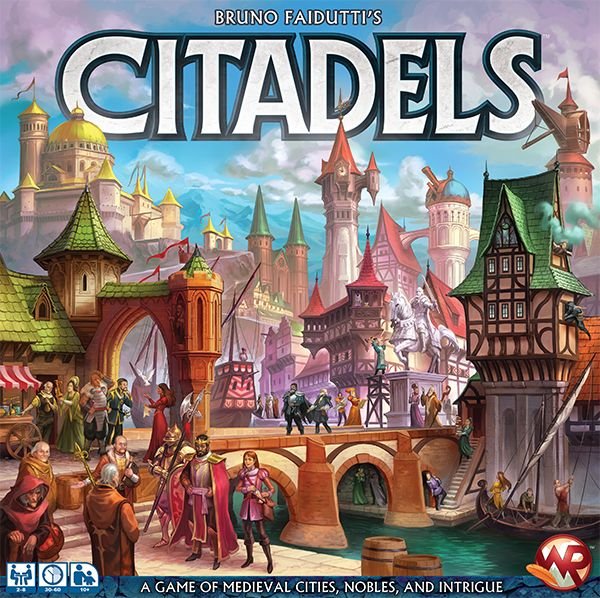
Citadels, released in 2016, is a strategic game set in a medieval city where players compete to build the most impressive district. Each player takes on a character with unique abilities, using them to gather resources, construct buildings, and outmaneuver rivals. The core mechanic focuses on selecting characters to influence gameplay through strategy and bluffing. With its mix of deduction and role selection, Citadels offers an engaging experience that keeps players on their toes in the quest to create the ultimate citadel.
9 | The Taverns of Tiefenthal
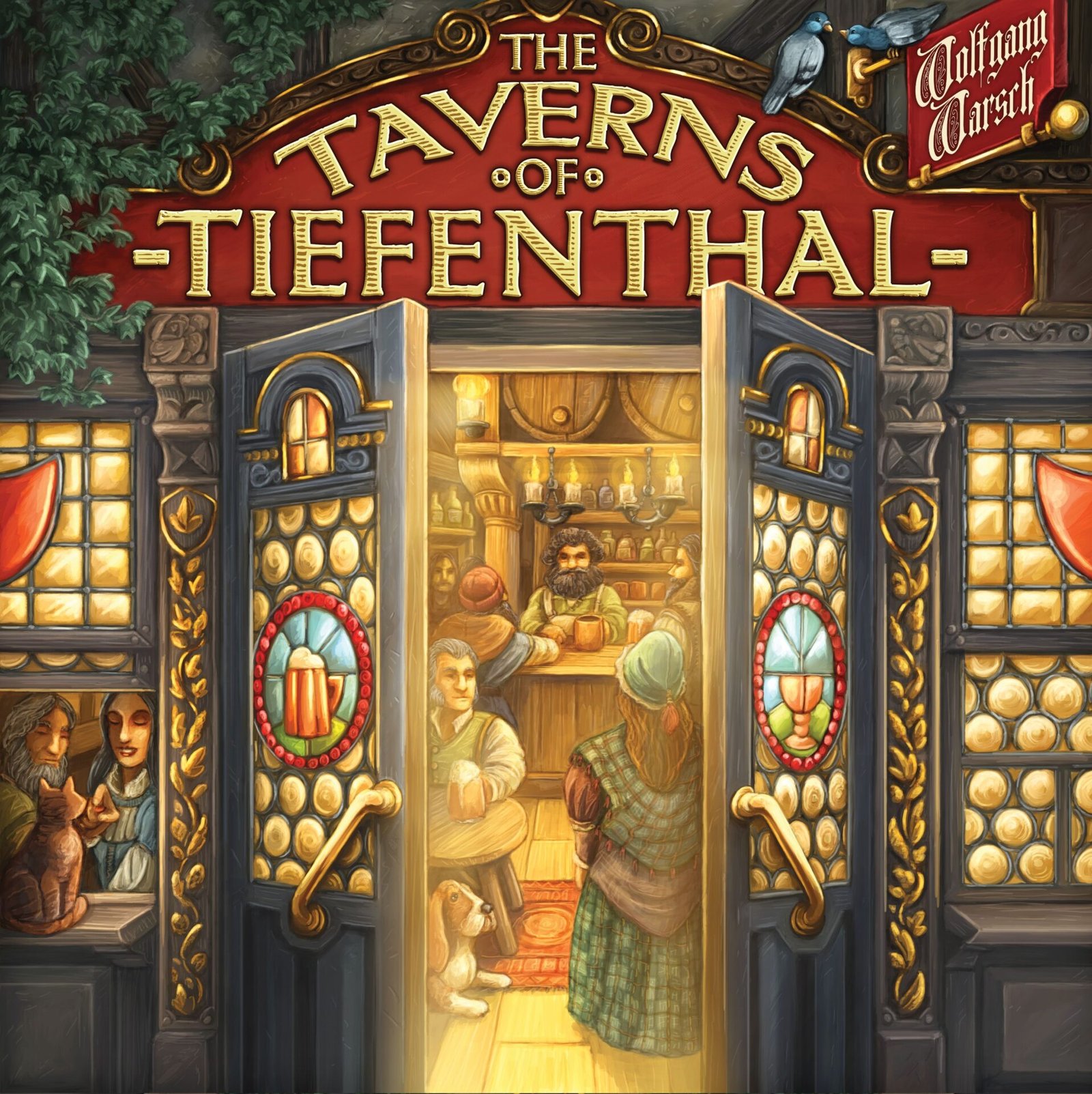
The Taverns of Tiefenthal, released in 2019, invites you to immerse yourself in the bustling world of a medieval tavern owner. Set in a charming German village, your goal is to create the most successful tavern by attracting guests, managing resources, and enhancing your establishment. The core mechanic revolves around deck-building, where players utilize a unique system of dice to manage their actions each turn. You’ll roll your dice to determine which actions you can take, such as hiring staff, purchasing ingredients, or expanding your tavern’s offerings. The game encourages strategic planning and adaptability as you customize your deck, striving to satisfy the needs of diverse patrons and outmaneuver your opponents. With its engaging blend of resource management and tactical decision-making, The Taverns of Tiefenthal offers a delightful experience that captures the spirit of medieval tavern life.
8 | Carcassonne
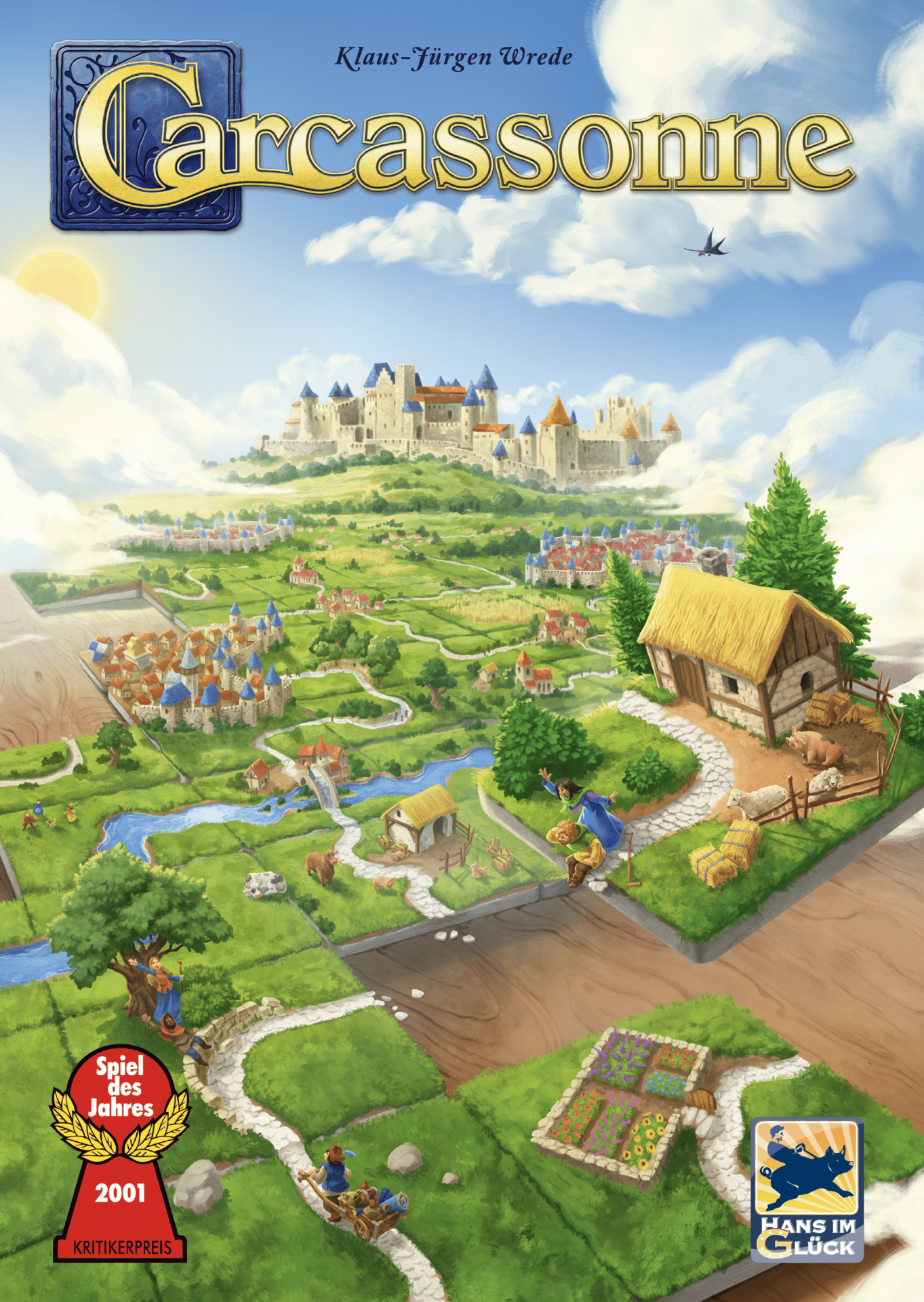
Carcassonne, released in 2000, is a tile-placement game that invites players to build the enchanting landscape of medieval France. In this game, you’ll take turns drawing and placing a tile featuring cities, roads, cloisters, and fields, strategically expanding the board to score points. The core mechanic revolves around the clever placement of these tiles and the strategic positioning of your follower pieces, known as meeples. By claiming features such as cities or roads, you earn points as they are completed, creating an engaging balance of competition and strategy. With its simple rules yet deep tactical layers, Carcassonne has captivated players for over two decades, making it a timeless classic in the realm of tabletop gaming.
7 | Village
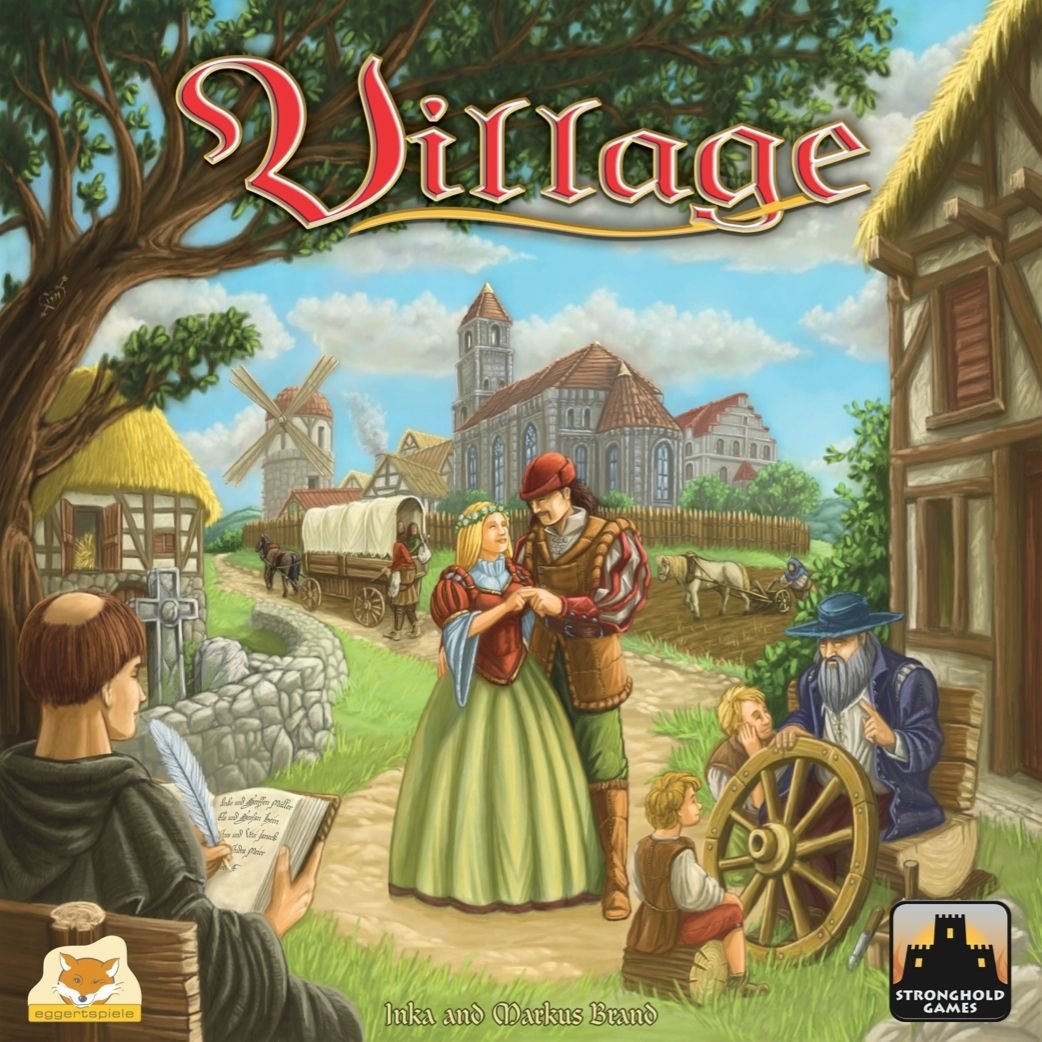
Village, released in 2011, immerses players in the life of a medieval village, where they manage their own families across generations. The core mechanic centers on action selection, allowing players to gather resources, take on village roles, and send family members to perform tasks. A unique aging mechanic means family members grow old and eventually die, impacting the player’s legacy and scoring system. Players aim to enhance their family’s reputation through various achievements, making Village a compelling blend of strategy and storytelling in a rich medieval setting.
6 | The King Is Dead: 2. Edition
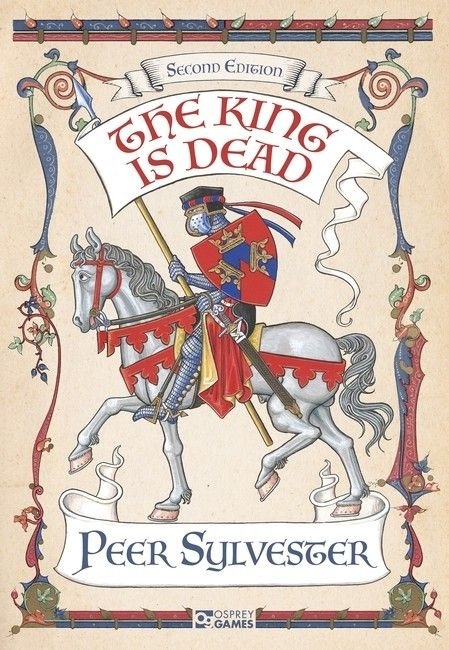
The King Is Dead: Second Edition, released in 2020, is a strategic area control game set in medieval Britain amid political chaos following a king’s death. Players represent powerful factions—Saxons, Normans, and Scots—competing for dominance. The core mechanic combines worker placement with card-driven actions, allowing players to deploy knights to gain control over regions while managing a hand of action cards to influence the game. This clever blend of direct competition and alliances makes each decision critical, establishing The King Is Dead: Second Edition as a must-play for medieval tabletop enthusiasts.
5 | Dominion
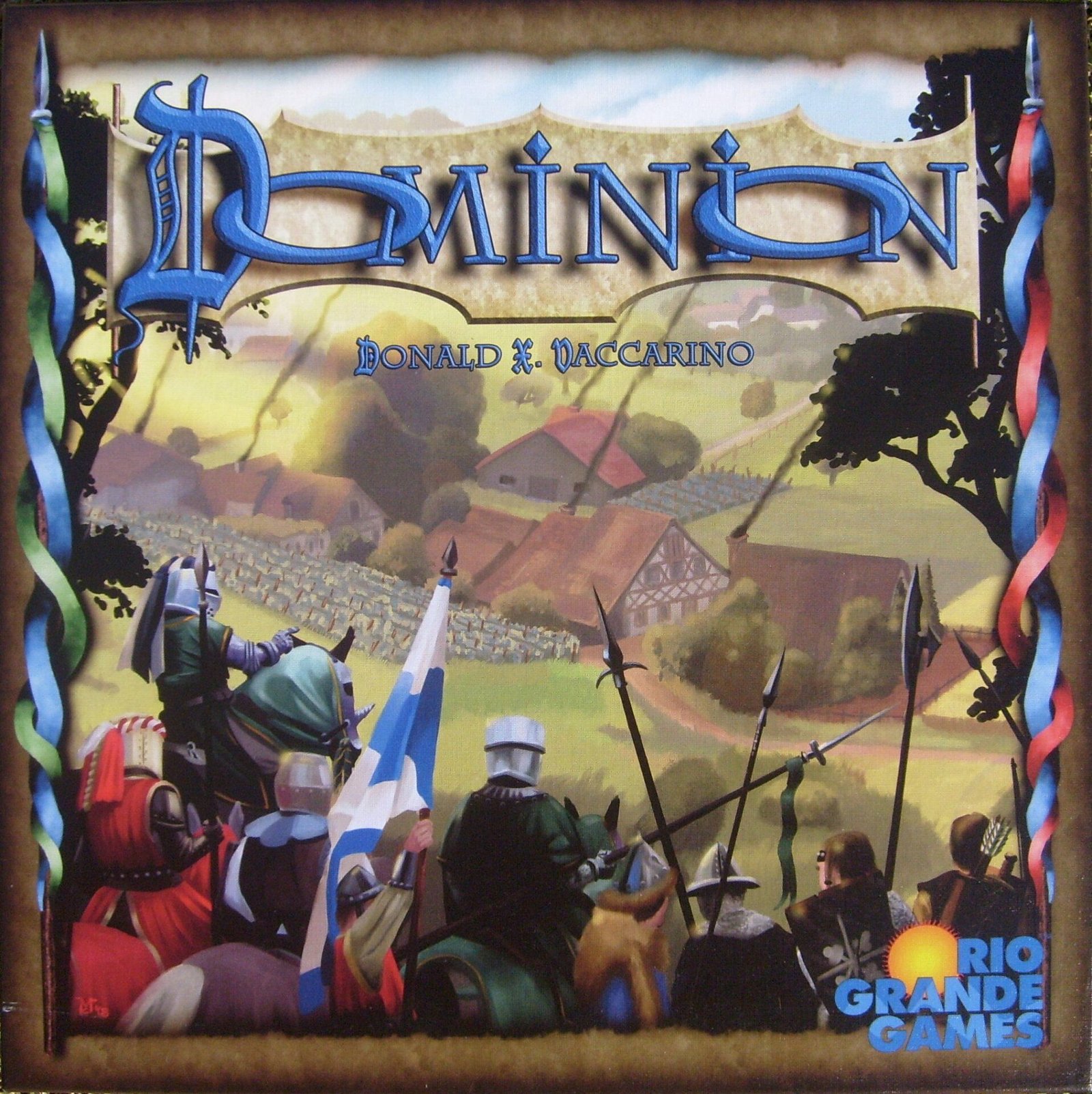
Dominion, released in 2008, is a groundbreaking deck-building card game that immerses players in the role of monarchs looking to expand their kingdoms. The objective is to accumulate the most victory points by acquiring cards that represent various assets, including land, treasure, and subjects. What sets Dominion apart is its innovative core mechanic: players start with a small deck of cards and gradually build their unique decks throughout the game by purchasing new cards from a shared supply. Each card can have different abilities that affect gameplay, allowing for strategic decisions on how to develop one’s kingdom. With its combination of strategy and adaptability, Dominion has become a staple in the tabletop gaming community, inspiring a whole genre of deck-building games.
4 | Kutná Hora: The City of Silver
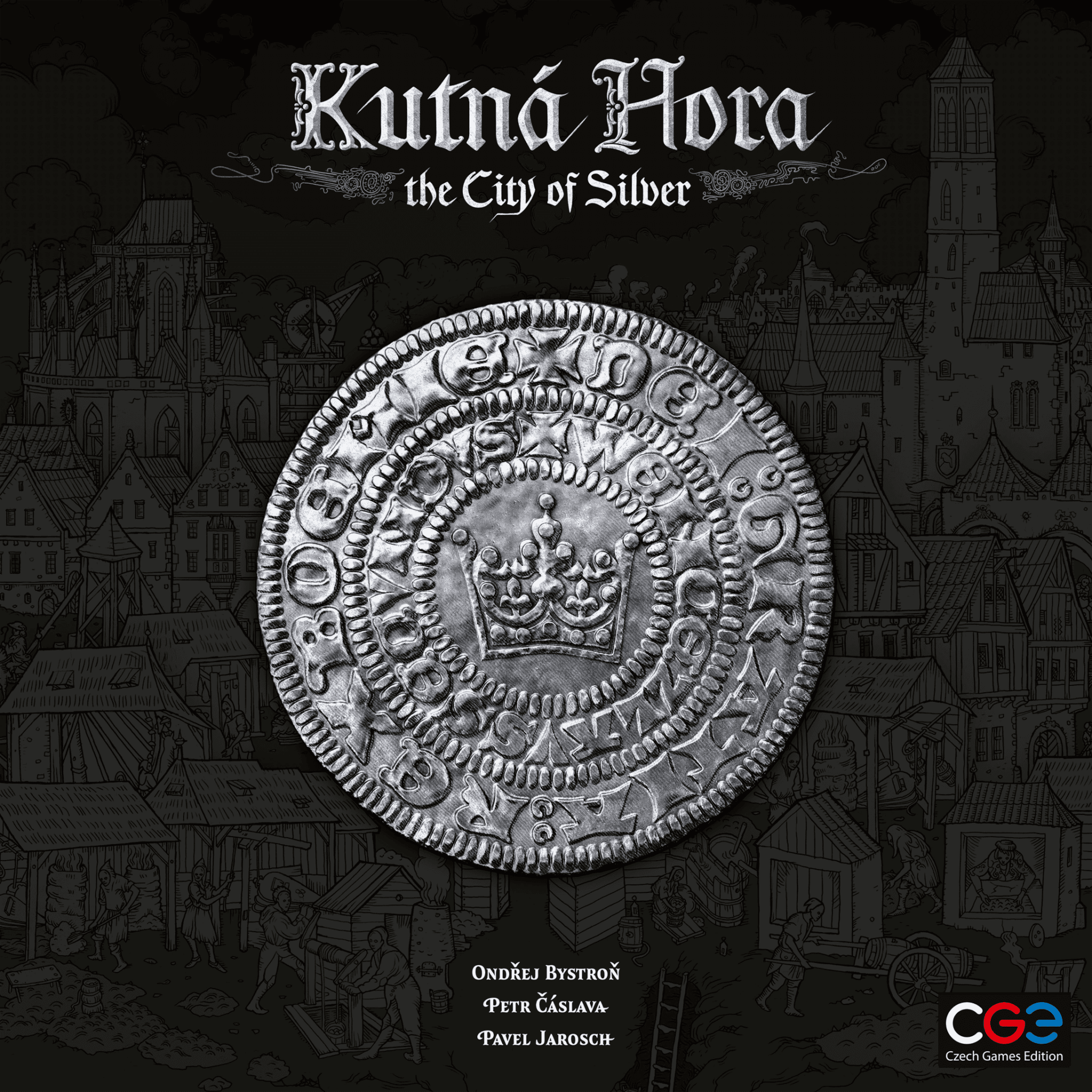
Kutná Hora: The City of Silver from 2023 transports players to the vibrant, historical city of Kutná Hora during the late Middle Ages, a period marked by the prosperity brought by silver mining. In this strategic city-building game, players take on the role of influential citizens striving to develop their own sections of this flourishing city. The core mechanic revolves around tile placement and resource management, where players must effectively utilize their workers to gather resources, construct buildings, and enhance their districts. The interplay of competition and collaboration creates a rich tapestry of strategy, as players navigate the economic intricacies of Kutná Hora while aiming to outsmart their opponents and leave a lasting legacy. With its stunning artwork and deep gameplay, Kutná Hora: The City of Silver offers a captivating experience that immerses players in the hustle and bustle of medieval life.
3 | Orléans
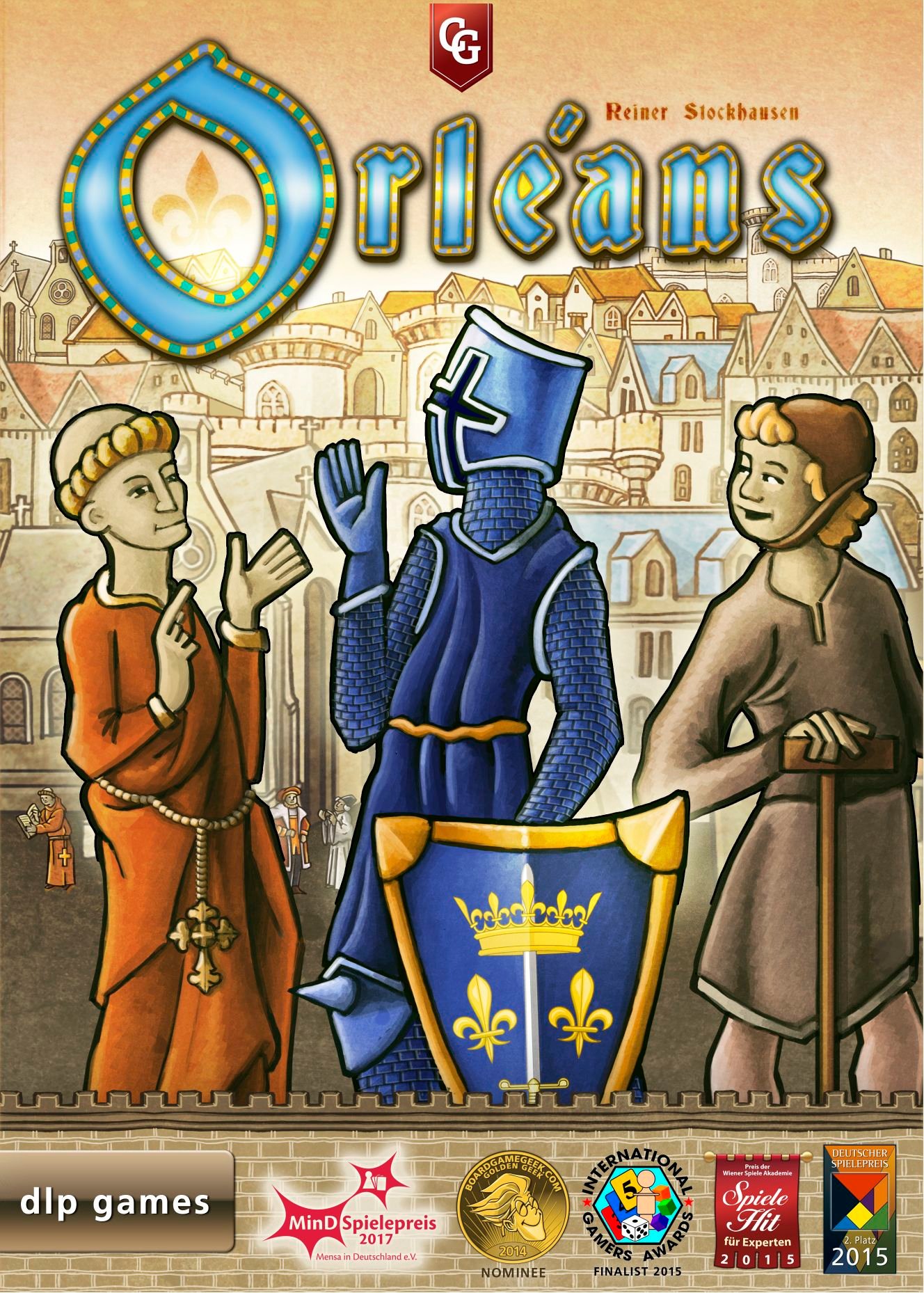
Orléans, released in 2014, is a strategic bag-building game set in medieval France, where players act as guilds competing for wealth and influence. The core mechanic involves drawing followers—merchants, knights, and clerics—from your bag to perform various actions, such as gaining resources and completing quests. Players must carefully manage their workforce and economy while striving for the most victory points by the end of the game. With its engaging strategy and rich thematic elements, Orléans provides a captivating experience for medieval tabletop enthusiasts.
2 | The Castles of Burgundy
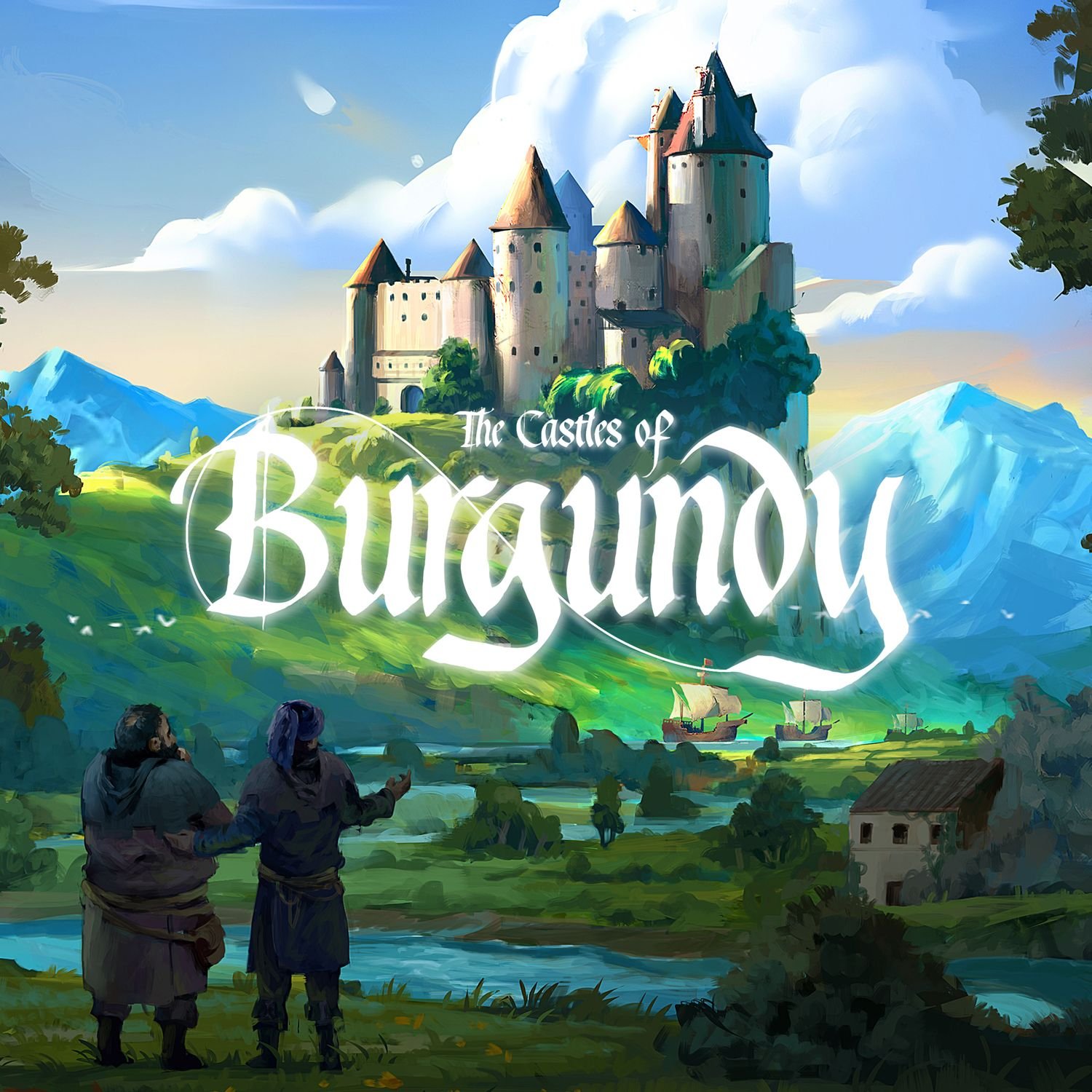
The Castles of Burgundy is a strategic tile-placement game set in the Loire Valley during the Renaissance. Players assume the roles of aristocrats building their estates by acquiring and placing tiles representing various buildings and resources. The core mechanic revolves around dice rolling, allowing players to take actions such as acquiring tiles and placing them on their boards. Strategic planning is crucial, as players must optimize tile placement for maximum points while competing for limited resources. This engaging blend of luck and strategy makes each playthrough unique, providing a rich experience that captures the charm of medieval estate building.
1 | A Feast for Odin
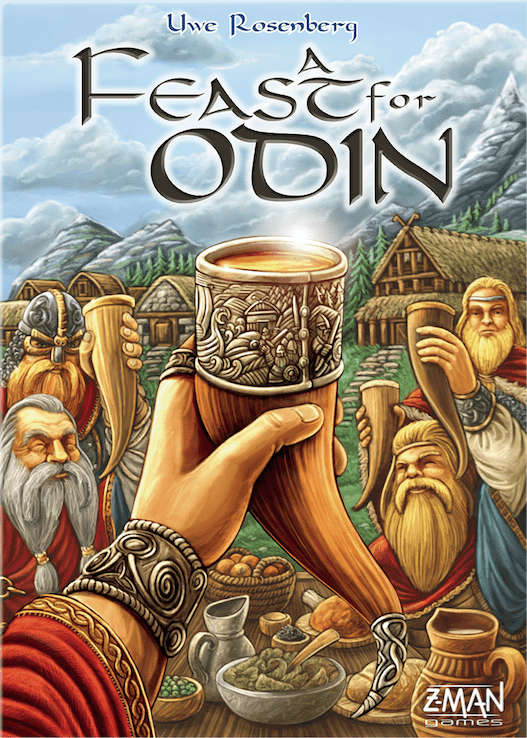
At the top of the list is A Feast for Odin, a strategic resource management game set in the Viking Age. Players assume the role of a chieftain, building a prosperous settlement through exploration, trade, and crafting. The core mechanic features a unique action selection system where players choose from various actions on a grid, with costs increasing the more frequently an action is taken. This dynamic forces players to balance their resources and optimize their strategies while competing for limited spaces, making A Feast for Odin a deeply rewarding experience for medieval tabletop enthusiasts.















